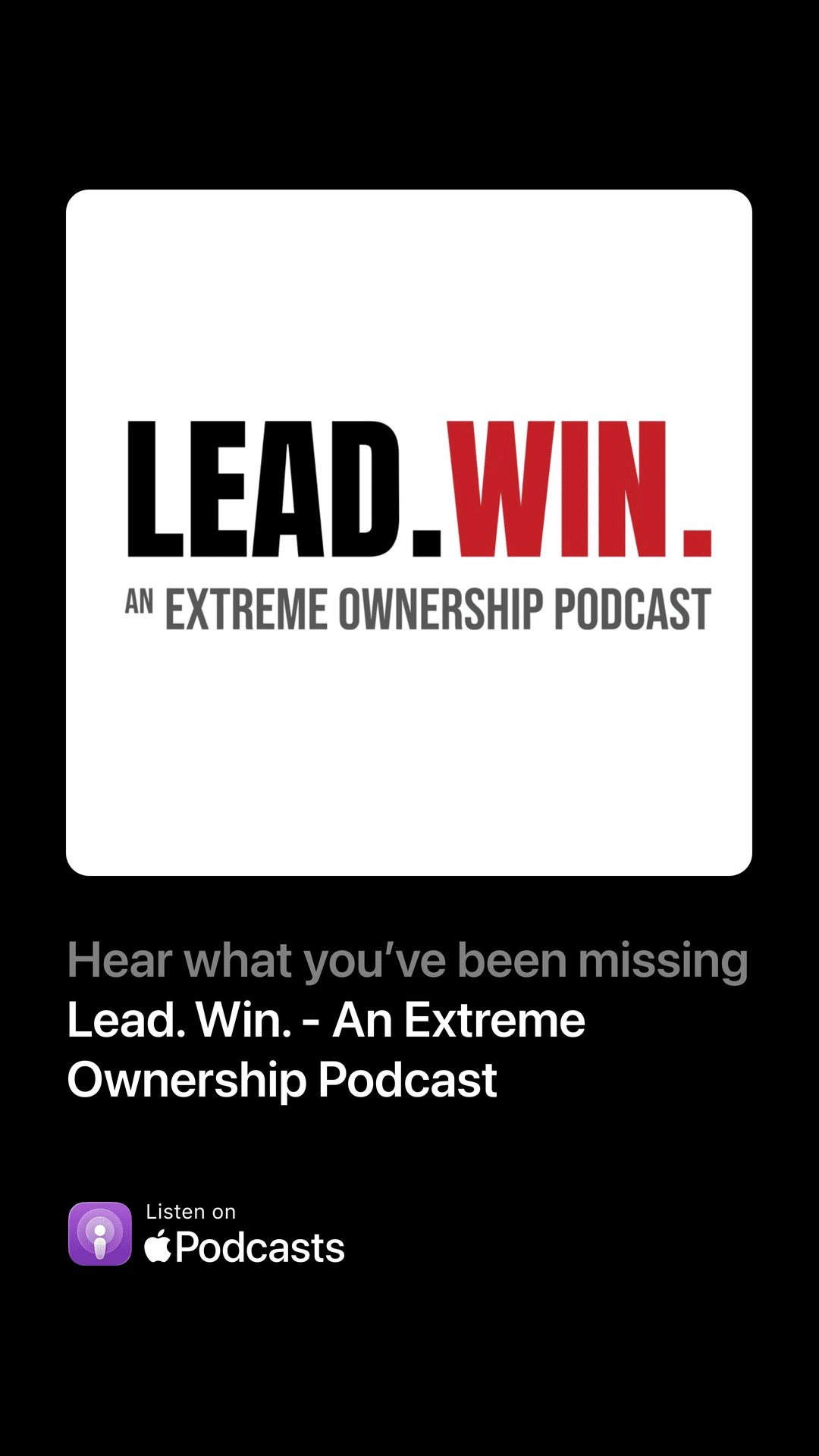Why Is Effective Stress Management Important?
Cumulative stress is a factor that all humans are exposed to despite their positions in professional environments, relationships, academia, or, simply put, life. Without healthy coping mechanisms and strategies to mitigate these stressors, leaders will likely fail to reach maximum potential in leadership capabilities and personal growth and development. Unmitigated stress can take a toll on one’s ability to make strategic decisions. It can further hinder the situation by placing the leader at risk of developing physical and mental ailments, affecting the overall mission and tasks placed upon themselves and the team.
Preventing Cognitive Decline
Numerous research studies have demonstrated that unmanaged stress poses a considerable threat to the cognitive abilities crucial for a leader’s proficient navigation of real-time challenges. Moreover, attention and concentration, critical for effective leadership, are susceptible to the debilitating effects of stress. High stress levels may lead to heightened arousal and distractibility, contributing to difficulties focusing on essential tasks and making leaders more susceptible to external distractions. The decision-making prowess of leaders can also be significantly compromised under the weight of chronic stress. Stress-induced alterations in neural pathways can lead to impulsive decision-making, risk aversion, mood disorders, and challenges in considering diverse perspectives or alternative solutions. As a leader, it is critical to maintain a relentless pursuit of perspective. This helps leaders make informed decisions and further understand the why behind the challenge or task. Lastly, leaders with unmitigated stress can develop difficulties with simple problem-solving skills as stress imposes cognitive rigidity, thus limiting the capacity to think creatively and utilize innovation and adaptation, a mindset vital to a leader’s abilities to navigate change.
Preventing Relational Discord
The first law of combat is cover and move. Of the four laws, cover and move is ranked first in the hierarchical structure for a specific reason: it is the foundation of all things that lead to mission success. Relationships and teamwork are irreplaceable assets to any leader looking to push their team to the next level. Leaders who can effectively mitigate chronic stress have greater chances of making diplomatic decisions, thus fostering a cohesive environment. The primary objective of a leader utilizing the cover-and-move law of combat should be to find a way to prioritize others over themselves. Too often, natural tendencies take over, and the selfish undertones of human self-preservation trump the invaluable assets of teamwork and sacrifice. Prioritizing the collective over individual interests becomes the primary objective when a leader can detach from their stressors and take a genuine interest in the team winning. Unalleviated stress contributes to difficulties for leaders attempting to detach from their personal hardships and focus on the team as the cover-and-move principle requires.
Preventing Burnout
Stress management is a pivotal piece needed for leading teams and individuals away from the precipice of burnout. Leaders are often responsible for traversing multifaceted challenges and high-pressure situations. Leaders must skillfully manage stress to maintain clarity, alignment, and their team’s unceasing performance. Mitigating stress safeguards a leader’s well-being and sets a decisive paragon for the team. Leaders focusing on stress management often create a more sustainable and healthy work culture where teammates feel empowered and valued. Emotional exhaustion diminished professional proficiency, and declining team input can diminish a leader’s effectiveness, thus compromising the overall team dynamic. Implementation of stress management utilizes the mindset for victory of strategic thinking, thus instilling a process to secure long-term success.
Conclusion
In conclusion, stress management is a vital piece in the complex environment of leadership. Cumulative stress, obtained from all aspects of life, can degrade decision-making abilities and other cognitive functions crucial for a leader to perform proficiently. Unmitigated stress has the potential to place unnecessary stressors or relationships, both professional and personal. To effectively implement the cover and move principle, leaders must reduce unnecessary internal and external stressors whenever possible. Managing both personal and team stress assists in creating a team dynamic that strengthens the alignment and longevity of the team.




